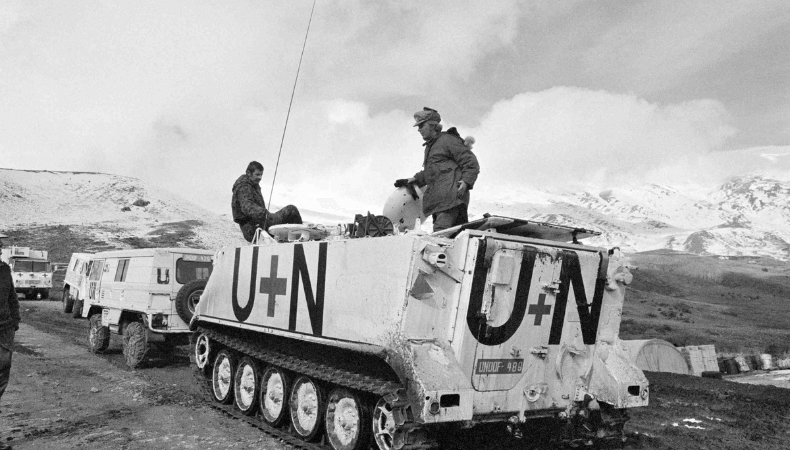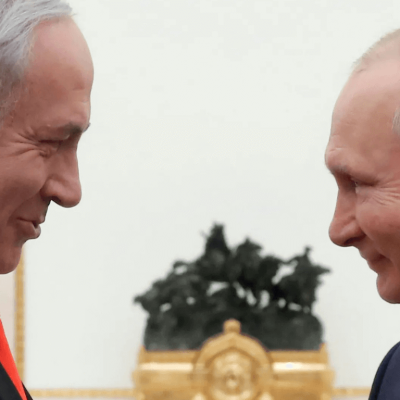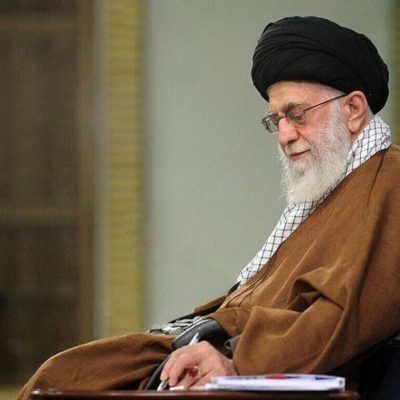UN in the Middle East: Navigating Israel’s Challenges

The Middle East is once again at the forefront of global attention, with the ongoing conflicts in Ukraine and the region offering distinct parallels in terms of miscalculation and unforeseen consequences. In the heart of this turmoil is Israel, grappling with the aftermath of its intense military actions against Hamas in the Gaza Strip.
Evaluating the Wars: Ukraine vs. Middle East
Vladimir Putin’s unprovoked war in Ukraine and Benjamin Netanyahu’s response to Hamas’s attack on Israel share a common thread of miscalculation. Both conflicts have led to unexpected stalemates, with powerful nations struggling to impose their will on weaker counterparts. Notably, Ukraine insists on the complete withdrawal of Russian forces, while Hamas demands a permanent ceasefire and the withdrawal of all Israeli troops from Gaza.
The Unacceptable Toll: Humanitarian Concerns
While there is a distinction between the two conflicts, Israel’s no-holds-barred approach to Gaza has raised humanitarian concerns. The disproportionate and indiscriminate bombardments have not only alienated global public opinion but also garnered support for a Palestinian state. South Africa’s accusations of genocide against Israel underscore the severity of the situation.
Diplomatic Fallout: Straining Alliances
Israel’s defiance of Joe Biden’s call for restraint has strained its relationship with a crucial ally. The decision to withdraw some troops from Gaza is seen as an attempt to appease the United States, highlighting the delicate diplomatic dance in the region.
Keep Reading
Netanyahu’s Strategy: Mass “Emigration”
Amid the complex web of conflicts and diplomatic challenges, Israel’s ministers of national security and finance propose a controversial strategy – mass “emigration” of Palestinians from Gaza. This proposal, framed as a humanitarian solution, aims to create space for Jewish settlements. The echoes of the early Zionist slogan, “A land without people for a people without land,” reverberate in this approach.
Practical Challenges: International Response
However, the feasibility of this strategy faces significant hurdles. No Arab country seems willing to absorb these “emigrants,” and the international community is unlikely to endorse such a mass displacement. Israel’s attempt to secure support akin to Britain’s approach in settling migrants faces skepticism.
UN’s Indispensable Role: A Hope for Resolution
As the conflict escalates and potential solutions are explored, the United Nations emerges as a crucial player. Despite Israel’s historical reservations, the UN could provide an impartial platform for negotiations. A comprehensive solution may involve phased exchanges of hostages and prisoners, along with the appointment of an expert-led government for the West Bank and Gaza.
In the unpredictable landscape of the Middle East, where secret talks are ongoing, the United Nations remains an indispensable component of any viable solution. Israel’s aversion to international involvement must be weighed against the potential benefits of a UN-mediated resolution.
A Ray of Hope: Anticipating Breakthroughs
While the complexities of the Middle East often defy predictions, ongoing talks and negotiations between various stakeholders offer a glimmer of hope. The UN’s involvement may pave the way for unexpected breakthroughs that could reshape the region’s future.






